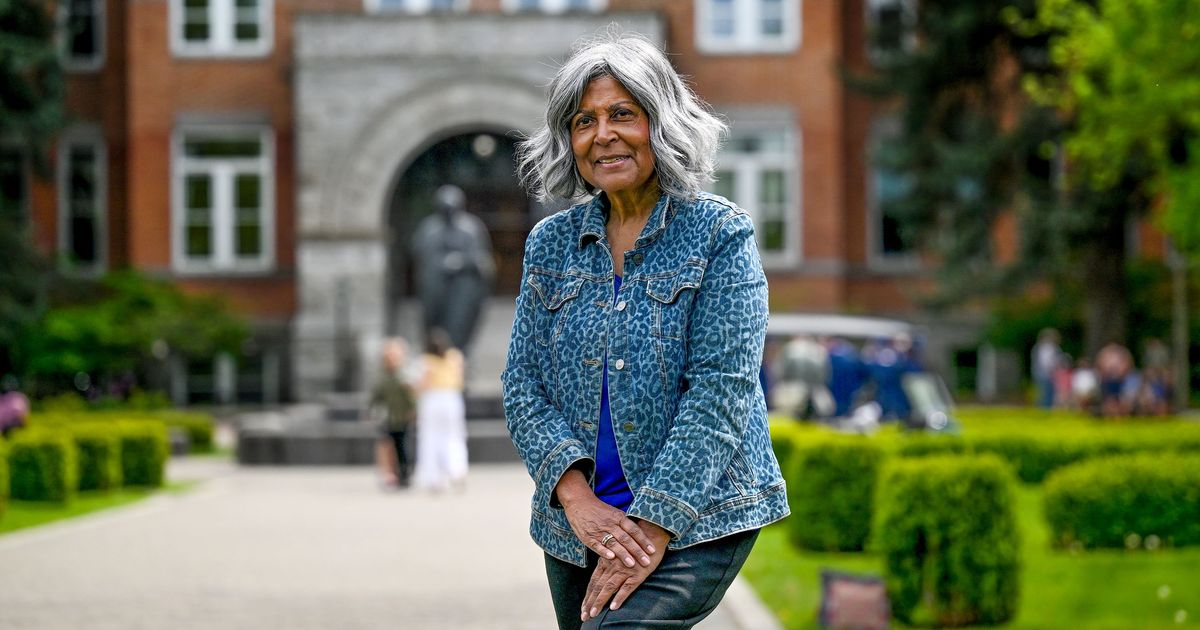In recent years, the global landscape of public health has faced significant upheaval, particularly following the Trump administration’s withdrawal from numerous collaborative health initiatives. Dr. Cornelia “Connie” Davis, a prominent public health advocate, fears that this retreat from international partnerships is decaying the very infrastructure that safeguards global health. With her extensive background, spanning decades of dedicated service in health-related fields, her insights carry weight and urgency.
Dr. Davis is no stranger to the frontlines of health crises. A Gonzaga University graduate, she was part of the significant effort to eradicate smallpox in India during the 1970s. Working with esteemed organizations including the World Health Organization (WHO), the U.S. Agency for International Development (USAID), and the United Nations, Davis has lived and worked in various health contexts worldwide. “While spending my career outside the U.S., I was simultaneously protecting Americans from disease,” she reflects, emphasizing the interconnectedness of global health.
At a recent alumni event in Spokane, where she was the keynote speaker at Gonzaga’s graduate school commencement, Davis shared her concerns about the ramifications of the U.S. distancing itself from international health organizations. “I am worried that a lot of the mechanisms that keep the U.S. protected will be destroyed,” she warned. The rebuilding of these systems takes time and resources—a delay that could cost lives. Her statement encapsulates a universal truth: health security knows no boundaries.
Davis credits her Jesuit education for shaping her worldview and guiding her towards a career that transcends national borders. Her transformative year as an exchange student in Florence opened her eyes to the global community, an experience that granted her the confidence to join the WHO in rural India in her late twenties. “As an African American woman in the 1960s, I realized that my potential was not confined to the United States,” she says, reflecting on a time when opportunities for women of color were limited.
During her tenure in India, Davis played an instrumental role in vaccinating impoverished families against smallpox, a disease that was ultimately eradicated by the end of the 1970s. This experience solidified her commitment to public health, a path that led her to fight against malaria in Africa and tackle the HIV/AIDS epidemic in various regions across Asia. Davis’s career has been a testament to the impact of global efforts in public health.
Her journey, however, has not been without disheartenment. Observing the U.S. steps away from the WHO and other significant health organizations has left her worried about the future. “If these organizations cannot operate effectively, we could witness the resurgence of diseases that we thought were under control,” she warned. This sentiment underscores an alarming reality: complacency and isolationism in health policy can have dire consequences.
Among the diseases causing concern is measles, a disease that, despite being declared eradicated in the U.S. at the turn of the millennium, has seen a concerning outbreak in the southwestern states. With over 1,000 cases reported, the return of measles is a stark reminder of what can happen when vaccination efforts wane. Davis recalls witnessing mothers in India walking miles to ensure their children received vaccinations, motivated by the grim reality that unvaccinated children often paid the ultimate price.
Davis emphasizes that measles, particularly in malnourished communities, can have mortality rates reaching 30% to 40%. Her passion for public health is evident as she articulates the importance of proactive health measures at both local and global scales. This urgency is further amplified by the recent cuts to U.S. aid in combating HIV/AIDS, primarily in African countries where the U.S. has historically been a leading donor.
The recent cuts, amounting to millions in funding, could result in staggering consequences. A study published in The Lancet projects that these reductions could lead to the deaths of approximately 60,000 Africans, even if funding is restored. “We needed to be in places like Senegal to learn about outbreaks and gather specimens for study,” Davis explained. Knowledge gained from endemic regions is crucial for developing the antibiotics and vaccines necessary to protect populations, illustrating a clear link between international health investment and domestic safety.


